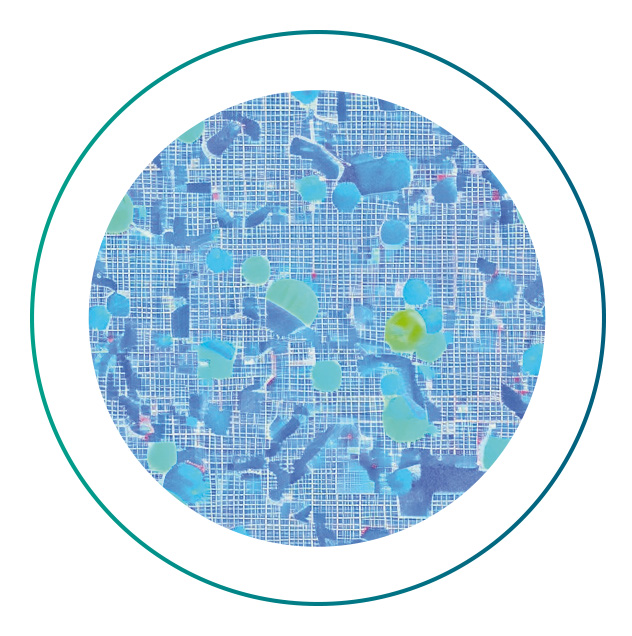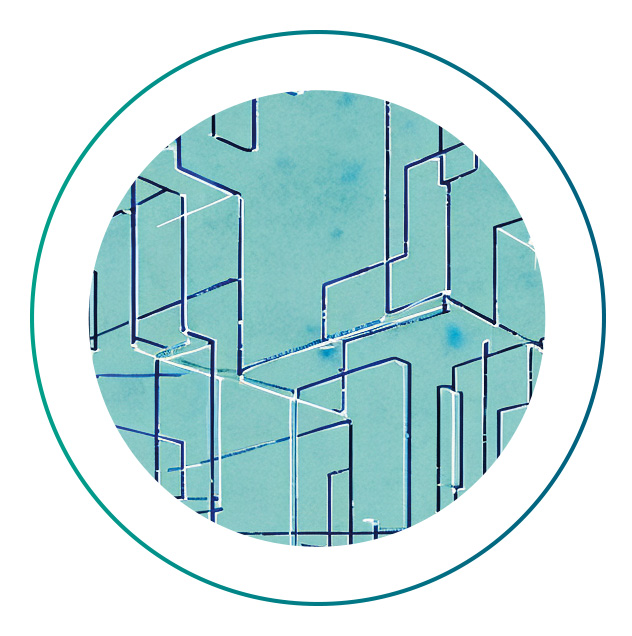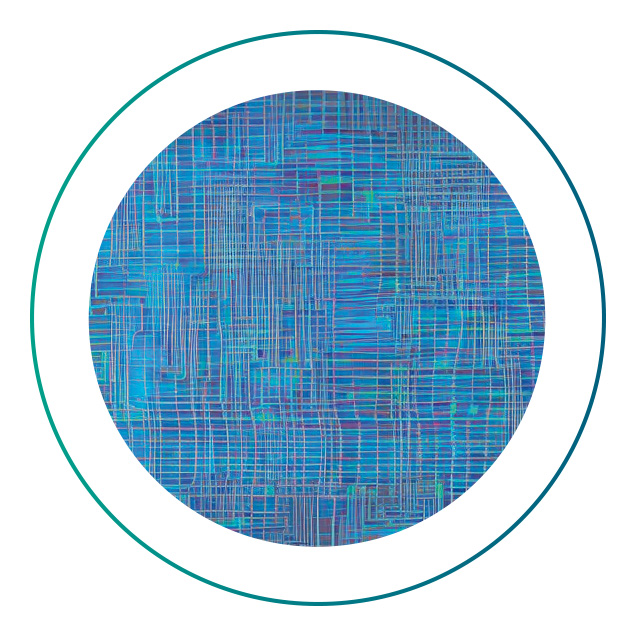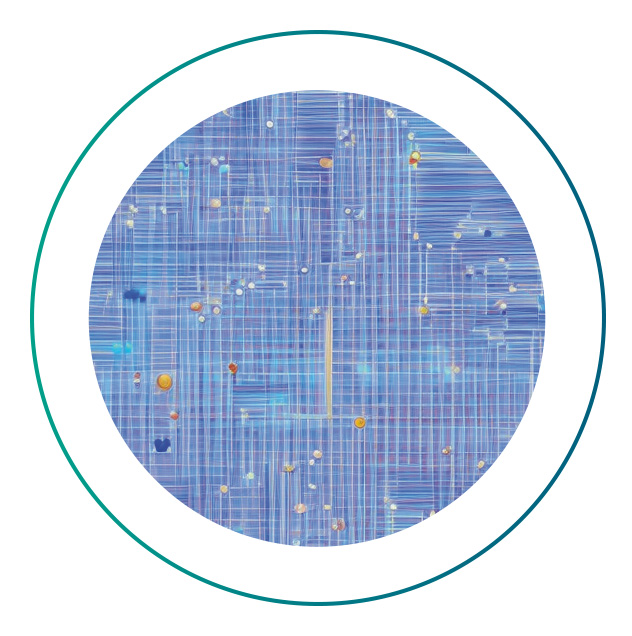Classical emulators for quantum systems

Why
The limitations of current quantum computing devices have urged the development of classical emulators that can assist most of the research on future quantum algorithms in their various fields of applications.
Our emulators offer a classical path to simulate quantum hardware for the two most common approaches considered today, digital quantum computing and quantum simulators, e.g., quantum annealers.
How
By accounting for a compressed representation of the wavefunction via tensor network methods, like image compression techniques, then leveraging generalized matrix-matrix multiplications and linear algebra, our emulators efficiently simulate the quantum hardware on classical computers either on CPUs or GPUs.


What
One important use of emulators is to simulate digital quantum computers by running quantum circuits.
This feature is particularly valuable for testing algorithms like variational quantum algorithms, which are still being investigated to determine their effectiveness. Emulators are also useful for bridging the gap until quantum processing units (QPUs) have a higher number of qubits with controllable errors. The amount of entanglement generated during the algorithm sets the limit for our emulators. Thus, the emulator can be used to disprove quantum advantage. Additionally, the evaluation of the quantum advantage can be further generalized by benchmarking algorithms for different native gate sets, connectivities, and platforms.
The concept of a quantum simulator emerged from the realization that classical computers face significant computational challenges when calculating the properties of many-body quantum systems. This intuition led to the development of quantum simulators and quantum annealers, which are primarily used to tackle optimization problems. To classically emulate these systems, a time-evolution must be implemented. This time-evolution technique can also aid in the hardware development of quantum processing units (QPUs) for future platforms not yet available in the lab or for modeling existing QPUs, such as when verifying noise models.
Where
The Quantum TEA suite targets both the above classical emulators: Quantum Matcha TEA is dedicated to emulating quantum circuits; Quantum Green TEA implements ground state searches and time evolution of quantum many-body systems.
The interface consists of a python frontend as a user interface and a Fortran backend for heavy computation tasks.
The libraries can be found on Quantum TEA This project is carried on in the framework of the National Center for HPC, Big Data, and Computing ICSC – spoke 10.

